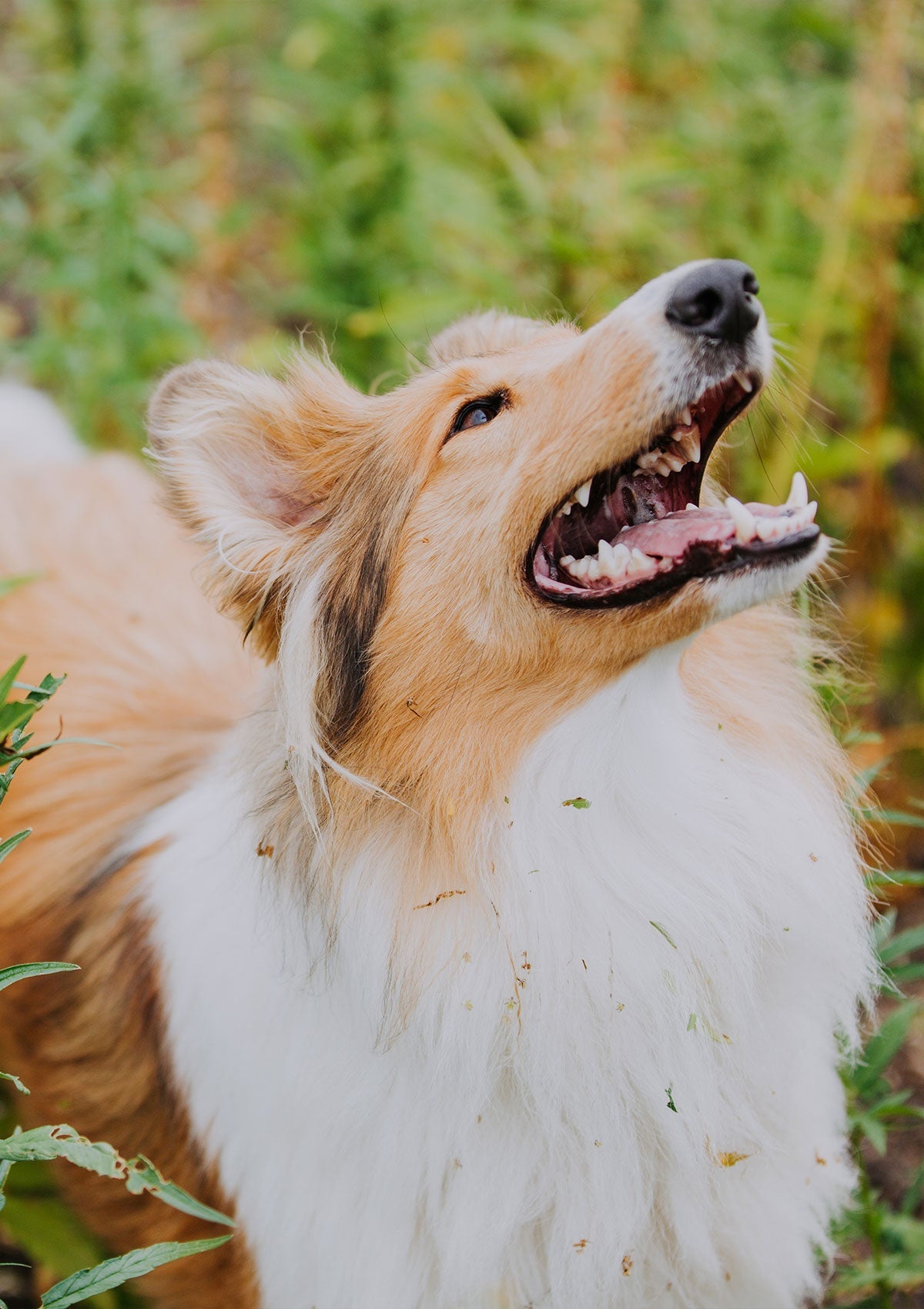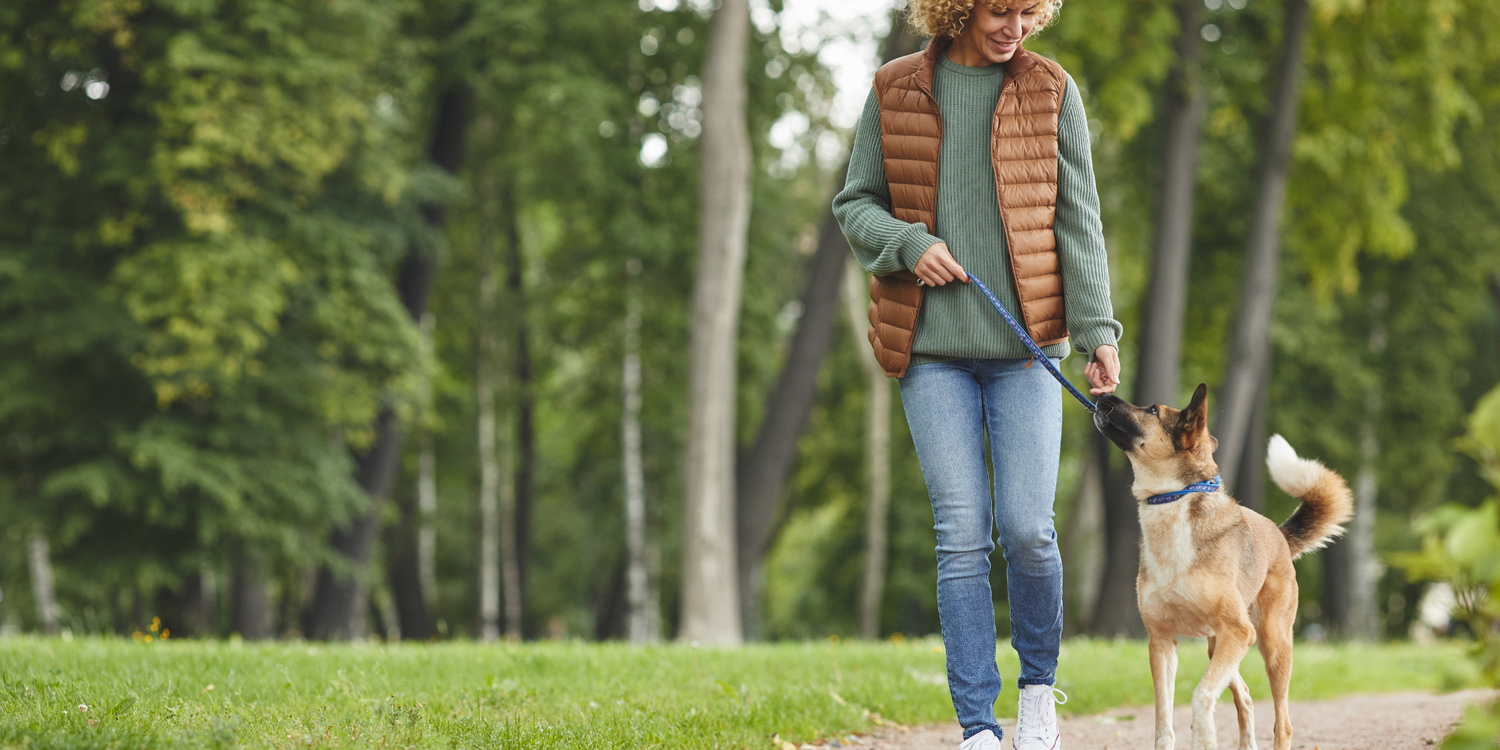
Does your dog yap at any sudden noise? Do they howl at the sound of the innocent postman? Or perhaps they start barking at the sight of a particularly fast-moving fly?
Frustrations aside, some dogs are naturally chattier than others. But if your dog has been driving you barking mad, there’s probably a reason for it. And once you understand that reason, you can begin to understand their language and retrain their behaviour.
So, what does a dog’s bark mean?
A dog’s bark can vary in pitch, length and frequency. And just like human noises, they all say different things about how they’re feeling. So rather than getting frustrated at their seemingly irrational barking – let’s listen in. Here are some of the most common barks:
The “this is my territory” bark
This is the one that little Buddy gives to the postman. That’s because protecting your home (and you) is such a high priority for your pupper. So, a territorial bark is to warn you about unknown trespassers and scare them off. Unsurprisingly, this bark typically sounds deep, loud and aggressive.
The “well hello!” bark
The greeting bark is a happy one. Your dog is relaxed, excited and bursting with tail wags. They use this bark if they’re excited to see other people or dogs – often sounding like an enthusiastic whine or one to two sharp, quick barks.
The “let’s play” bark
Another happy bark! The playful bark involves panting, tail wags - and to put it in dog language, a series of “ahh-ruffs!” This is an invitation for humans or fellow dogs to play. So, whadaya say, is it play time?
The “humaaaaaan, I’m bored” bark
Dogs that are left alone all day, with no humans or entertainment, might resort to bored and lonely barking. This may sound like a continuous bark or a prolonged howl. You know, wooooooon’t somebooooody plaaaaaay wiiiiith meeeee?
The “I’m anxious” bark
When we consider that more than 70% of dogs have some form of anxiety, this one’s a biggy. There are many causes of anxiety, such as loud noises and being around new people and dogs. However, one of the most common causes of anxiety is separation anxiety. This may look like excessive barking, pacing and destruction when you leave. And then there’s the part where you come home and find your house has been hit by hurricane-Fido.
What to do about a barking dog
The first step to retraining their barking behaviour is knowing where it’s coming from to begin with. Take a close look at when the barking occurs, who is there and what it sounds like. Once you’ve found the root cause, you can address their environment and retrain their behaviour through positive reinforcement. If your dog appears to have anxiety, there are a growing number of supplements and treatments to release their inner zen. But as always, if you’re unsure, consult a vet or animal behaviourist.
Our Anxiety Support Wholefood Powder supplement was developed by a vet nutritionist for anxious pups. It uses natural wholefood ingredients, including Australian Hemp and St. John's Wort.





